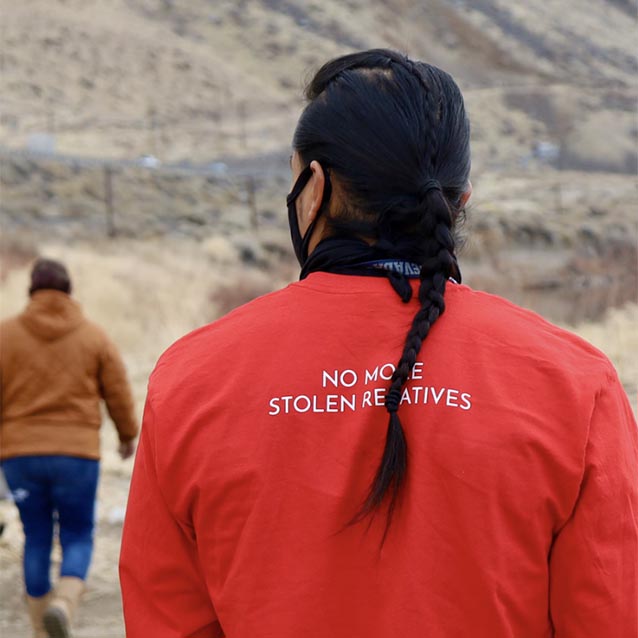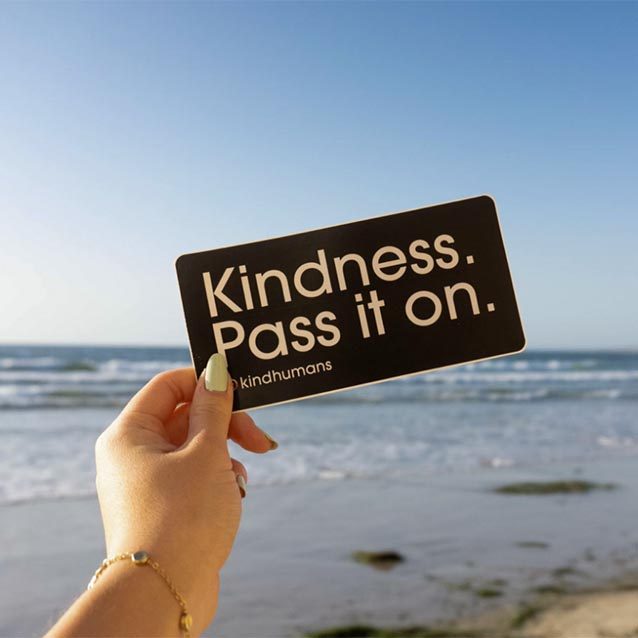National Bullying Prevention Month opens in a new tab
Bullying has devastating effects on children and families. We might see children avoiding school, experiencing a loss of self-esteem, or dealing with increased anxiety, often resulting in depression and suicidal tendencies. Let’s bring awareness to this topic by spreading kindness!
October 1 — Domestic Violence Awareness Month
October 2 — International Day of Nonviolence opens in a new tab
We globally celebrate a Day of Nonviolence on the birthday of Mahatma Gandhi, the leader of the Indian independence movement and a pioneer of nonviolent resistance,
October 2 (evening) — Rosh Hashanah begins (Judaism)
October 3–12 — Navratri (Hindu)
October 11 — National Coming Out Day (1987)
October 11 (evening) — Yom Kippur (Judaism)
October 22, 1917
Alice Paul sentenced to seven months for “obstructing traffic” while picketing the White House/President Wilson for suffrage. With others starts hunger strike that is met with force-feeding torture.

October 14 — Indigenous Peoples Day opens in a new tab
Indigenous Peoples Day is a day that commemorates Native American peoples’ cultures and histories, and acknowledges the discrimination the Indigenous people in this country have undergone. This holiday is celebrated on the second Monday in October, across the United States. Many states and cities are moving towards recognition of this day and choosing to observe it instead of Columbus Day. This is a day to learn, to observe, to reflect, to create, to connect through story and creation. It’s also a day to move beyond recognition and towards action and accountability.
The history of Indigenous people in the U.S. is tragic and poorly understood. There is the horrific legacy of entire cultures being violently and systematically eradicated. And then there are stories of survival, fortitude, and deep connection to the environment and other people. Of course, Indigenous history doesn’t begin or end with either of these stories.


